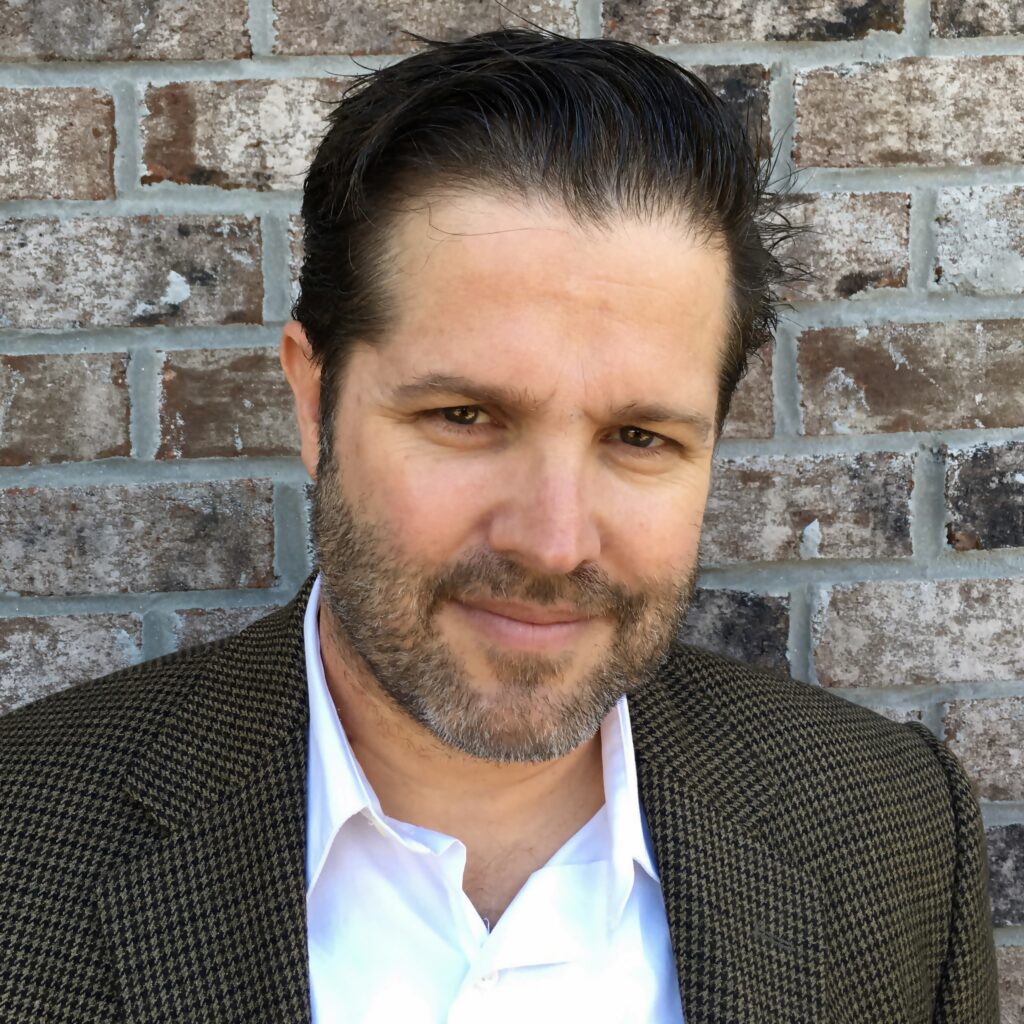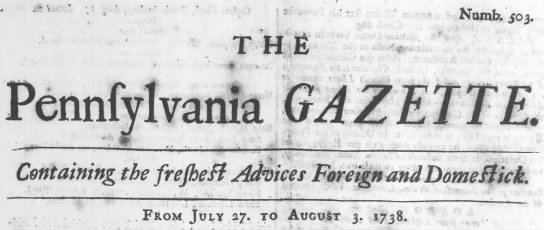Dr. Michael Scott Van Wagenen is associate professor and public history coordinator at Georgia Southern University. He is the author of the award-winning, Library Journal best seller Remembering the Forgotten War: The Enduring Legacies of the U.S.-Mexican War (University of Massachusetts, 2012), The Texas Republic and the Mormon Kingdom of God (Texas A&M, 2002), as well as several articles and book chapters. He is also co-editor with W. Paul Reeve of Between Pulpit and Pew: The Supernatural World in Mormon History and Folklore (Utah State University, 2011). In the past 30 years, he has written, produced, directed, and/or edited over 20 documentary films. His work has twice won highest honors at the National Education Film and Video Festival and been screened at the American Museum of Natural History, the Smithsonian National Museum of Natural History, Margaret Mead Ethnographic Film Festival, Chicago Latino Film Festival, and several other venues. Dr. Van Wagenen received his BA from Brigham Young University, an MAIS from the University of Texas at Brownsville, and his PhD from the University of Utah.
What first got you interested in history?
When I was very young my grandfather would tell me stories about his experiences as a Navy officer in the Pacific during World War II. That definitely sparked an awareness in me that there was this adventurous place called “the past” that you could visit through stories, books, museums, and films.
What kind of reader were you as a child? Which childhood books and authors stick with you most?
The first book I read was an “abridged for young readers” edition of Robinson Crusoe. I was in first grade and binged it all in a day. I was hooked on historical fiction and non-fiction after that.
What book did you read in grad school that you never want to see again—and what book was most influential?
I studied folklore to enhance my understanding of history and really struggled with Roland Barthes’ Mythologies (1957). I’m sure it was me, not him. On the other side of things was Michael Kammen’s Mystic Chords of Memory: The Transformation of Tradition in American Culture (1991). I couldn’t put that book down, and it really inspired my interest in the theories of collective memory.
What’s the last great book you read, fiction or non-fiction?
It’s a bit of a local cliché, but I finally got around to reading John Berendt’s Midnight in the Garden of Good and Evil this summer. I loved it—much better than the film.
You’re a documentary filmmaker: what movies and documentaries most inspired you when you were young? What filmmakers?
I don’t really remember watching documentaries as a kid. I watched a lot of old war movies and historical dramas on television: The Thin Red Line, Beau Geste, and Nicholas and Alexandra come immediately to mind. I also loved the satirical war television series F-Troop and Hogan’s Heroes. As far as filmmakers go, the first director I can remember being aware of was Akira Kurosawa. In high school in Los Angeles, I would go to the art house theaters to watch his films. Toshiro Mifune was my original action hero.
When you’re not reading for your particular field of history, what else do you like to read? What genres do you avoid? And what’s your guilty reading pleasure?
I am a complete sucker for a beautifully illustrated coffee table book. I have my own large collection of folk art books that I read and reread—my guilty pleasure, I suppose. As far as what I avoid: definitely self-help/motivational. Anyone who thinks they have the answer likely doesn’t.
What do you read—in print or online—to stay informed?
I consume it all, from left to right. I like to make my own decisions about things after I have read or listened to as many perspectives as I can. As you can guess, my politics are confusing to most people.
Describe your ideal reading experience (when, where, what, how).
As a kid I visited my grandparents who were staying on a secluded part of the California coast. We were hit by a big storm with lots of wind, rain, and pounding waves for a couple of days. There was no television or radio—just a blanket, a lamp, and a stack of pulp westerns to read. I know I’ve romanticized that moment, and I have tried to recreate that environment over and over with no success. Hurricane season is not through yet this year, so who knows?
What’s your favorite book no one else has heard of?
The Giant Joshua by Maurine Whipple (1941) is a historical fiction novel about Mormon polygamy in the mid 1800s. While it made a modest literary splash when it came out in 1941, it is largely forgotten today.
What book or collection of books might people be surprised to find on your shelves?
I have a small collection of books about UFOs. I was raised during the new-age UFO revival of the 1970s, so that shaped my childhood. I have actually published on historical UFOs and will likely develop a class on them. My approach to UFOs is similar to that of Carl Jung, who viewed them as another way to interpret the values and beliefs of a people.
How have your reading tastes changed over time?
Sadly, less MAD Magazine.
Disappointing, overrated, just not good: What book did you feel as if you were supposed to like, and didn’t? Do you remember the last book you put down without finishing?
Grasshopper Jungle (by Andrew Smith, 2014). I like a good young adult fiction book, and this one was widely praised and loved. I guess my own childhood was too urban, too undersexed, too lacking in actual alien encounters for me to connect with it.
What book would you recommend for America’s current moment?
Don’t Bite Your Friends by Lisa Rao (2009).
What do you plan to read next?
My daughter is a professional writer, and she just sent me her latest manuscript. I’m thrilled to be diving into that one!
What is the next book or article you’re going to write?
I am putting the finishing touches on an article titled “Mormons, Memory, and the Mexican War: The Role of Mormon Battalion Commemoration in the Formation of Latter-day Saint Identity, 1921 – 2021.” I use as a case study the United States’ only religiously segregated military unit to explore how collective memory and identity are constantly evolving to serve a number of social, political, and religious agendas. What’s next after that? I am writing an article about a Mexican folk art particular to the Otomí people of central Mexico. Between the early nineteenth and early-twentieth centuries they created a particular style of crucifix, called a cruz de ánimas, that they venerated to end their ancestors’ suffering in purgatory. These artifacts serve as a preliterate genealogical pedigree, and very little has been written about them.
When and how do you write?
Mornings and nights are best for me. There are too many distractions during the day. I am one of those people who need large blocks of time to find my focus.
With which three historic figures, dead or alive, would you like to have dinner?
I have three immigrant ancestors: one Dutch from the 1600s, one Irish from the 1700s, and one Scottish from the 1800s, who I would love to meet. I would cook Tex-Mex food and ask them so many questions that they would be begging to crawl back into their graves!




